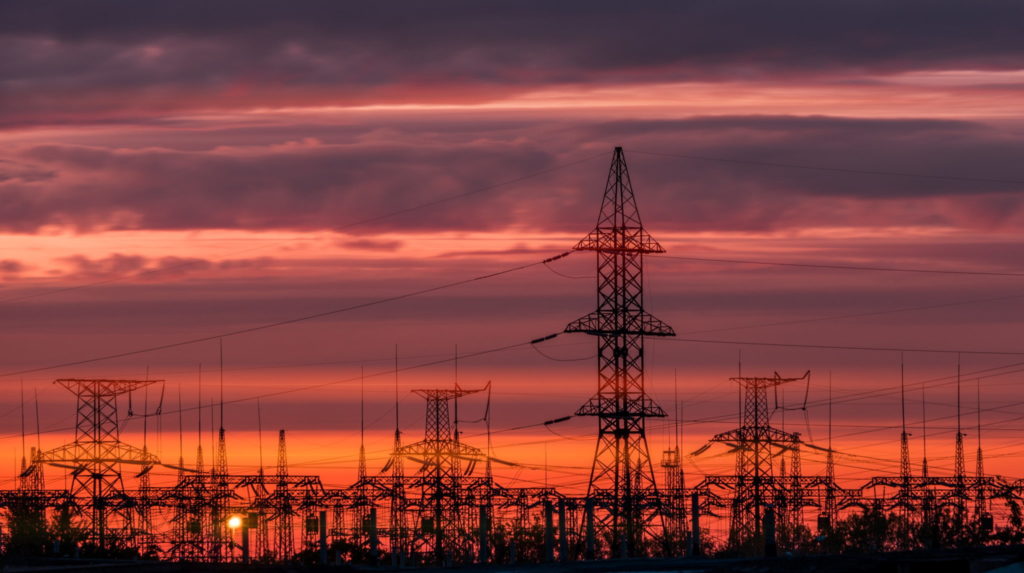Israelis have been buying home generators in preparation for the possibility of the country’s electric grid being brought down by missiles launched by Hezbollah.
By Hugh Fitzgerald, Frontpage Magazine
A war with Hezbollah now looms, but perhaps, since both sides know that they will suffer terrible damage, it will continue to be avoided. Hezbollah has 130,000 rockets and missiles, some of which, through sheer numbers, managed to avoid interception by Israel’s three-layered anti-missile defense, consisting of Arrow-2 and Arrow-3, David’s Sling, and Iron Dome.
Even now, the IDF must be calculating how many, in that vast array of rockets and missiles, can be destroyed on the ground, before they are launched, by Israeli airstrikes and missiles.
And the IDF has to estimate, too, how many of Hezbollah’s rockets and missiles will get through those anti-missile defense systems and land on Israel’s cities, including Haifa and Tel Aviv.
More on one casualty of such a war — Israel’s electricity grid — and how soon that grid can be repaired, has been the subject of heated discussion, about which you can find more here:
“‘If Nasrallah wants to take down Israel’s power grid, he only needs to make a call,’ Noga CEO says,” Jerusalem Post, June 20, 2024:
The CEO of Noga – Israel Independent System Operator Ltd., Shaul Goldstein, said there is no guarantee that there will be electricity in Israel in the event of a future war with Hezbollah on Thursday at the Institute for National Security Studies conference in Sderot.
“After 72 hours without electricity in Israel, living here will be impossible. We are not in a good state and unprepared for a real war,” Goldstein said. He added that Hezbollah could easily take down Israel’s power grid.
“If Nasrallah wants to take down Israel’s power grid, he only needs to make a phone call to the person in charge of Beirut’s power system, which looks exactly like Israel’s.
He doesn’t even need a drone; he can call a second-year electrical engineering student and ask where the most critical points in Israel are – everything is on the internet. I won’t say it [exactly where] here, but anyone who goes on the internet can find it,” Goldstein said.
“Israel is an energy island, and we need to supply ourselves – this is also our advantage; we are trained to work in isolation.
When I took the position [as CEO of Noga] and began researching what the real threat to the electricity sector is, I asked – let’s say a missile hits the electricity sector, and there’s a power outage for one hour, three hours, 24 hours, 48 hours, 72 hours, and beyond.
What happens to Israel in such a situation? The bottom line is that after 72 hours – it is impossible to live in Israel,” Goldstein warned at the beginning of his remarks.
“He added, “People do not understand how much our lives here depend on electricity.”…
More and more Israelis have been buying home generators in preparation for the possibility of the country’s electric grid being brought down by missiles launched by Hezbollah.
Energy and Infrastructure Minister Eli Cohen commented, “The State of Israel will not be left alone. We are preparing for every scenario, holding discussions and assessing the situation, and spending billions of shekels to ensure a regular supply of energy to all Israeli citizens.”
He continued, “In recent months, we have increased our inventory and purchased a lot of equipment in order to have backups.
The State of Israel has the ability to generate electricity from a large variety of sources – we have gas rigs, we have huge reserves of coal, and we also generate electricity from renewable energy.
Many actions, which cannot be specified, have been taken to ensure a regular energy supply. The chance of a power outage for many days is very low.”
Israel has many sources of energy: vast coal deposits, natural gas from the Tamar and Leviathan fields in the eastern Mediterranean, an ever-expanding number of wind farms and solar energy collectors, can all be used to provide energy to restart a damaged electrical grid.
I would like to believe the reassuring words of Energy and Infrastructure Minster Eli Cohen about the preparations being made for every scenario, in case of attacks on the country’s electricity grid.
Perhaps it will be possible to switch, within days, from energy sources that now power the electricity grid — natural gas and oil — to others, including coal, wind and solar.
But the view of Shaul Goldstein, the CEO of Noga (the Israel Independent System Operator Ltd.,) which he just delivered to the Institute for National Security Studies conference in Sderot, is frightening, and while he has been denounced for revealing too much about the ease with which Israel’s electrical grid could be taken down, he has not been convincingly refuted.
I hope he is wrong when he says that Israel would not be able to survive a 72-hour total takedown of its energy grid.
I fear, however, that he is right, but few want to listen to such unnerving forecasts.
It was the same way before October 7, when those who warned of an impending Hamas attack were right, but ignored by those higher up, who refused to believe the bad news — with the results we all see.


